CBA This Season, Up to Now, 4 Native Players Who Can Be Called "Iron Man", See Who They Are
The CBA season has been full of excitement, and by the 28th round, the "Iron Men" have shown performances that are truly impressive! Some players average 40 minutes per game, some have explosive statistics that rival small foreign players, and others lead their teams to victory with a tough playing style.
Against the backdrop of adjusted foreign player policies, these native players not only withstand the intensity of the games but also contribute to their team's victories with sweat, earning them the title of "Iron Men" without a doubt.

However, as we count these relentless figures, we can't help but ask: Is being relentless something to admire or a sign of helplessness?
This season of the CBA has already reached the 28th round, and the battles for championship contention and ranking positions are becoming increasingly fierce.
At this stage, Wang Ruize from Qingdao, Xu Jie from Guangdong, Zhang Ning from Shanxi, and Gao Shiyang from Shandong have all written chapters of "Iron Men" in their unique ways.
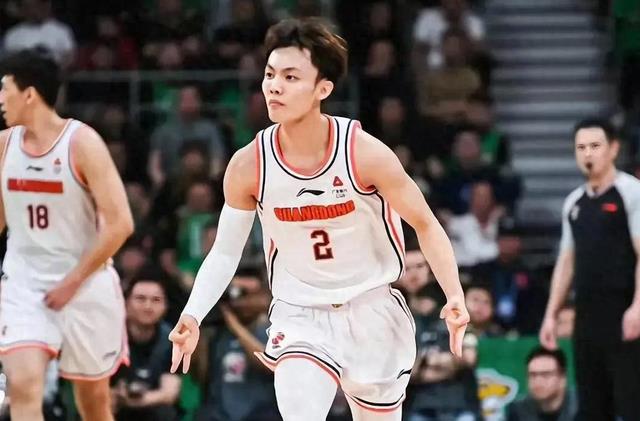
They have contributed key data and performances for their teams, becoming the focus of fan discussions.
Who is the first Iron Man? It must be Wang Ruize, the core of Qingdao.
This 29-year-old forward has played 22 games this season, averaging an astonishing 40.9 minutes of playing time, ranking first in the league.
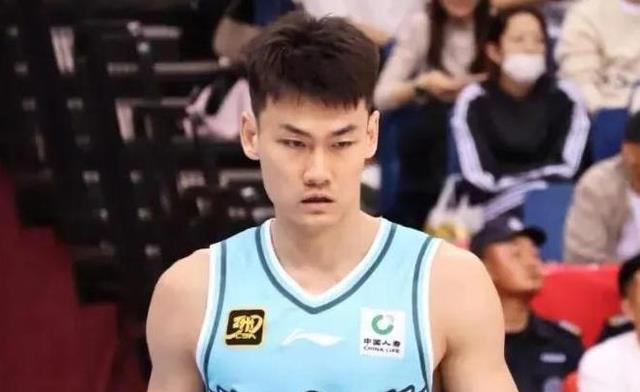
Simply put, he is almost playing the entire game! What's even more remarkable is that he not only endures high-intensity play but also averages 17.8 points, 4.5 rebounds, and 2.6 assists with a shooting percentage of 44.5%.
In crucial moments, his ability to attack and defend simultaneously is enough to intimidate opponents.
His performance is like a "Pillar of the Sea," supporting Qingdao's front line and making him the iron man among iron men.
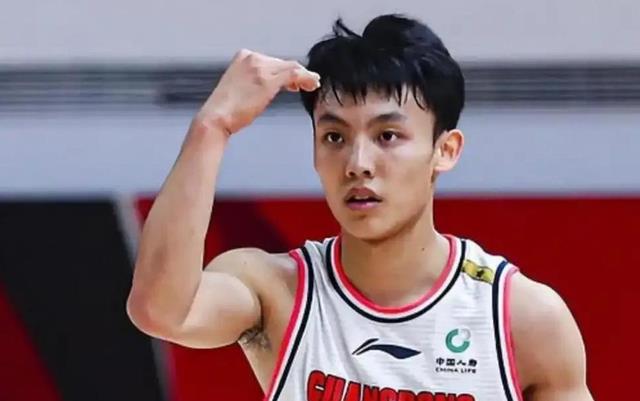
Next is Xu Jie from Guangdong, who is not just "persistent," but also "explosive."
After Hu Mingxuan's absence, he took over the team's organization and offense, averaging 36.3 minutes, 15.9 points, and 7.9 assists, directly performing at the level of a "small foreign player."
In the last round against Tianjin, he played 43 minutes, scoring 16 points and 12 assists with a plus-minus of +9, directly helping the team win the game.
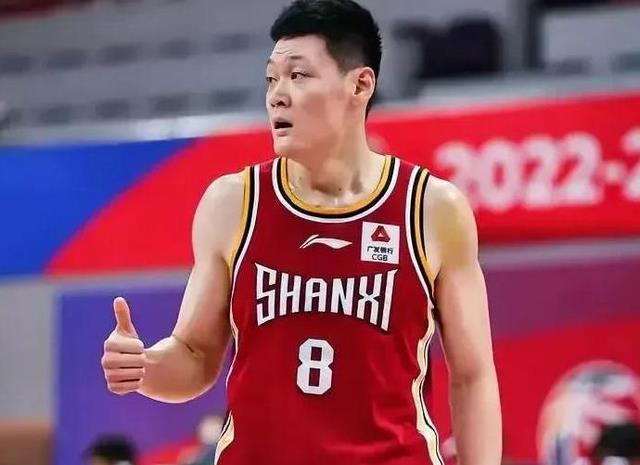
When the team needs him, he always steps up, isn't this the best portrayal of an "Iron Man"?
Then there is Zhang Ning from Shanxi, whose tenacity is reflected not only in statistics but also in his on-court demeanor.
This 27-year-old guard averages 15.9 points, 4 rebounds, and 2.7 assists while maintaining an efficient shooting percentage of 46.5%.

More importantly, his tough playing style allows Shanxi to hold up under pressure in critical moments.
For example, his key performances in the fourth quarter have repeatedly helped the team reverse the situation.
It's worth noting that he ranks first in the league with 7 flagrant fouls, which also reflects his "relentless" degree from the side.
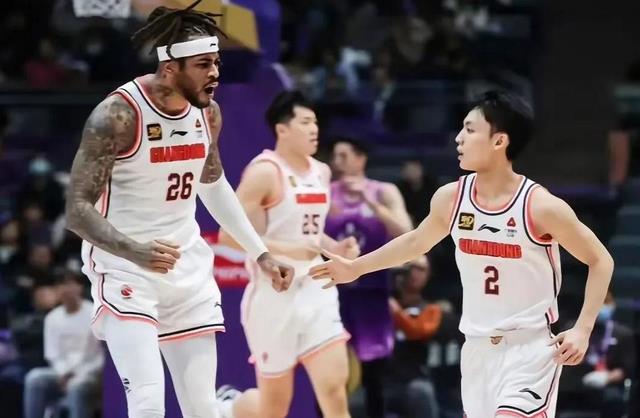
Finally, there is Gao Shiyang from Shandong, who, although not particularly strong in scoring, has defensive and organizational abilities that are essential to Shandong.
His average of 36.8 minutes of playing time, 6.7 assists, and 11.2 points may seem mediocre, but his defense is the real trump card.
In the game against Jilin, he not only made 11 assists but also contributed a plus-minus of +21, indirectly helping the team win big with a score of 117-84.

Players like him, who can both defend and pass, are the "hidden heroes" behind Shandong.
Behind the performances of these players, there is also a reflection of the new phenomenon after the adjustment of foreign player policies.
Native players get more opportunities due to restrictions on foreign players, but they also face greater responsibilities and pressures.
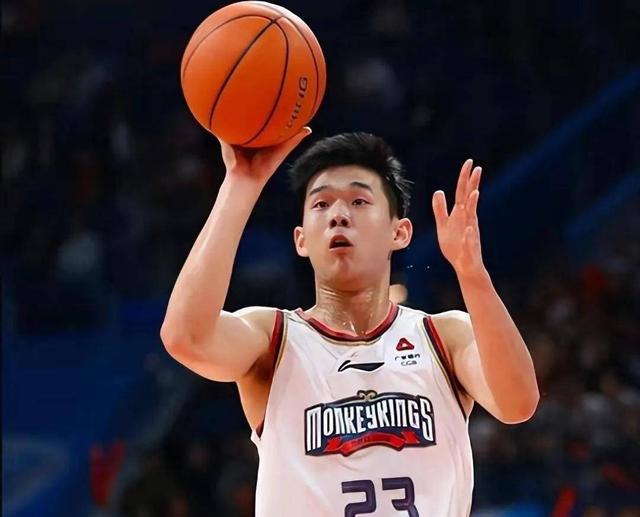
The appearance of the "Iron Men" is both an affirmation of the players' willpower and raises concerns—will the excessive consumption of native players affect their long-term development?
- Wang Ruize's "Iron Man Mode"
In high-intensity games, Wang Ruize's average playing time of 40.9 minutes is undoubtedly astonishing.
But he not only maintains his physical fitness but also delivers high-level offensive and defensive performances in crucial moments.
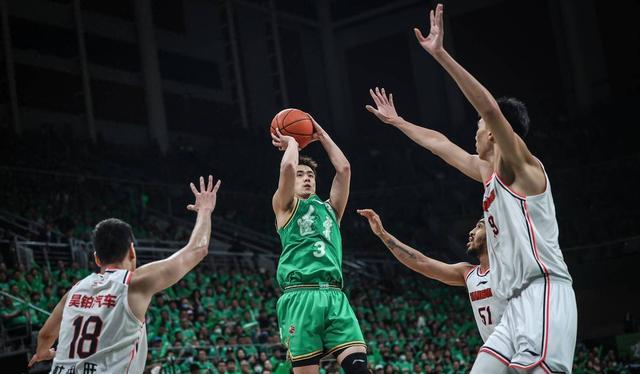
Just like in the last game against Shenzhen, he scored 5 points in the last two minutes, directly helping the team secure the victory.
However, the question is: Will this high load use drain his career?
- Xu Jie's "Organization and Explosion"
Xu Jie's performance can be said to be the biggest surprise for Guangdong this season.
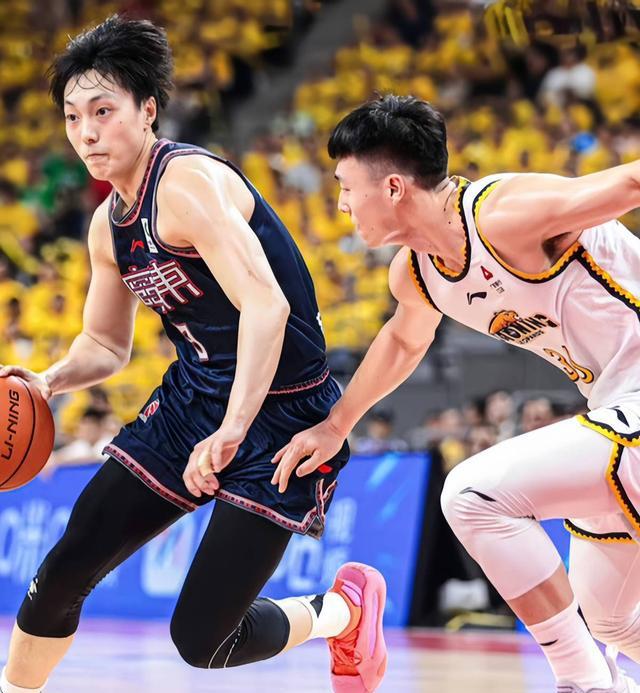
During Hu Mingxuan's absence, he not only took on the task of organizing but could also score himself.
In the game against Tianjin, he assisted Yi Jianlian three times in a row to score, then hit a key three-pointer himself, becoming the key player for Guangdong's victory.
But as some fans say, does Guangdong rely too much on Xu Jie, ignoring the team's overall rotation?
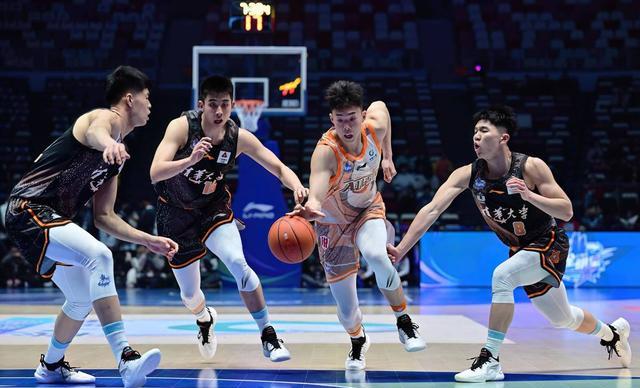
- Zhang Ning's "Hard Style"
Zhang Ning's tenacity makes Shanxi fans shout with excitement.
His fearless and combative style has helped the team complete multiple comebacks.
However, flagrant fouls and a high foul rate have also earned him the label of a "troublemaker."

For example, in the last game against Xinjiang, his flagrant foul directly gave the opponent two free throws, almost costing the team the victory.
Is such a relentless style necessary to be more rational?
Qingdao Team
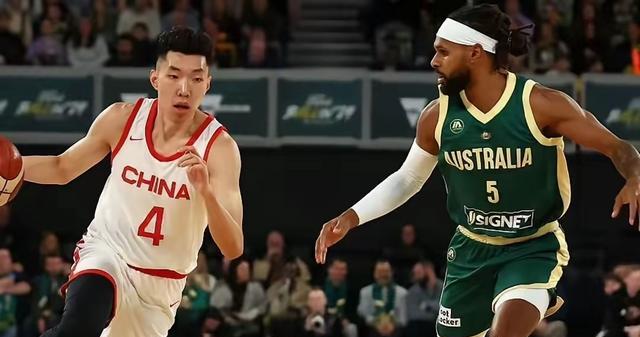
Core Player: Wang Ruize
Average Data: 40.9 minutes, 17.8 points, 4.5 rebounds, 2.6 assists, shooting percentage 44.5%
Last Game Performance: 18 points, 6 rebounds, 3 assists

Guangdong Team
Core Player: Xu Jie
Average Data: 36.3 minutes, 15.9 points, 7.9 assists, shooting percentage 43%
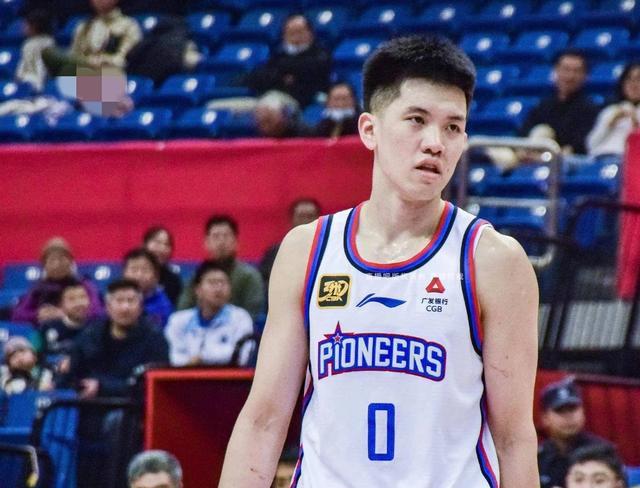
Last Game Performance: 16 points, 12 assists
Shanxi Team
Core Player: Zhang Ning
Average Data: 30.3 minutes, 15.9 points, 4 rebounds, 2.7 assists, shooting percentage 46.5%
Last Game Performance: 20 points, 5 rebounds
Shandong Team
Core Player: Gao Shiyang
Average Data: 36.8 minutes, 11.2 points, 6.7 assists, 4.6 rebounds, shooting percentage 39.8%
Last Game Performance: 11 points, 6 rebounds, 11 assists
Team Overall Comparison:
Guangdong has advantages in assists and scoring, while Shanxi relies on team cooperation and ranks second in the league.
Qingdao and Shandong depend on core players, but their overall data appears somewhat thin.
"Iron Men" are the soul of the CBA, but their overconsumption also exposes the plight of native players.
Has the adjustment of foreign player policies forced them to desperately fill the gaps? Should we cheer for these iron men or worry about their future?
(Disclaimer) The article's description process and pictures are all sourced from the internet. This article aims to promote positive social energy and avoids vulgar or inappropriate content. If there are any copyright or personal infringement issues, please contact us in time, and we will delete the content immediately! If there are any questionable parts of the event, we will delete or make changes immediately after contacting us!